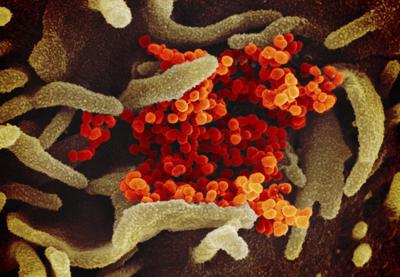LOUISVILLE, Ky. (WDRB) – University of Louisville researchers expect to have results in about a month from the first round of random, citywide COVID-19 testing, an effort meant to show how widespread the illness has been.
U of L plans to test 2,400 people from all parts of Louisville for active infections and antibodies that will detect prior cases. Project officials said Monday that invitations were sent to 13,000 households.
Thus far, testing in Louisville has largely involved those who have symptoms, are concerned about their health or have the means to get tested, said Aruni Bhatnagar, director of the university’s Christina Lee Brown Envirome Institute.
But that approach doesn’t show “the true extent of the virus” in Louisville, he said.
“We need to test a random sample of people who are representative of the entire community,” he said. “Much like a well-designed political poll, we have to be careful to ensure that the test results from a group of people mirror that of the larger population.”
Project officials urged people to get tested if they receive a letter, with a U of L logo, asking them to participate. The tests are free.
The project aims to conduct random tests every eight weeks. The first round will be complete by June 20 and the results released 10 to 12 days later, Bhatnagar said.
The James Graham Brown Foundation has committed $1.5 million to the work.
U of L previously tested nearly 1,500 health care workers for COVID-19 and its antibodies. The results of that study should be released this week, Bhatnagar said.
Indiana is conducting statewide research on COVID-19 and its antibodies. The initial results released in May found that the number of infections was about 11 times higher than reported at the time of the tests.
The Indiana research also concluded that about 45% of those who tested positive were asymptomatic.
Copyright 2020 WDRB Media. All rights reserved.















